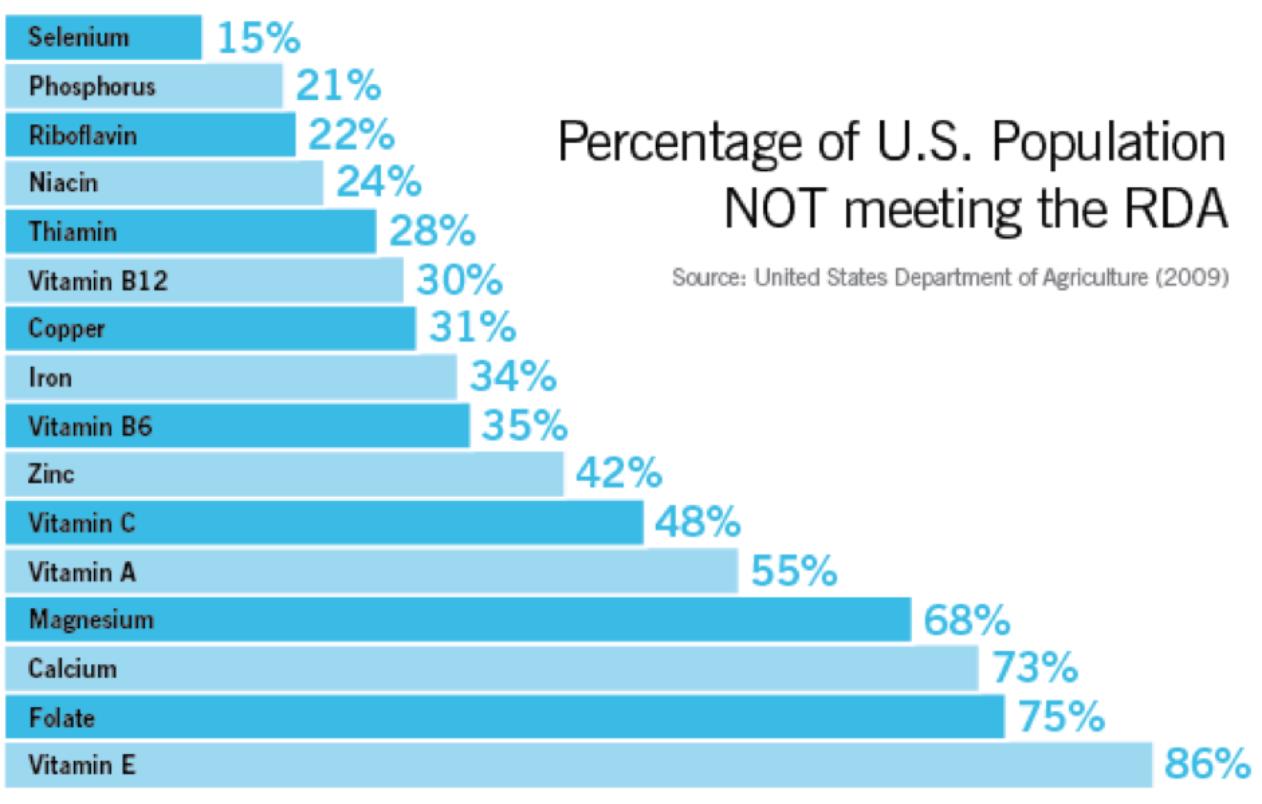
Micronutrients, often referred to as vitamins and minerals, are vital to healthy development, disease prevention, and wellbeing. With the exception of vitamin D, micronutrients are not produced in the body and must be derived from the diet1.
7
Though people only need small amounts of micronutrients, consuming the recommended amount is important. Micronutrient deficiencies can have devastating consequences.
https://www.cdc.gov/nutrition/micronutrient-malnutrition/micronutrients/index.html
An effective immune response requires an adequate host nutritional status(Reference Calder7). In recognising this, the European Food Safety Authority has authorised nutrient function health claims for vitamins A (including β-carotene), B6, B9 (folate), B12, C and D, and the minerals Zn, Se, Fe and Cu based on scientific assessment of their contributions to the normal functioning of the immune system(8). Each of these micronutrients, as well as vitamin E, has been shown to have multiple key roles in supporting the immune system and reducing the risk of infections.
h/t Guest